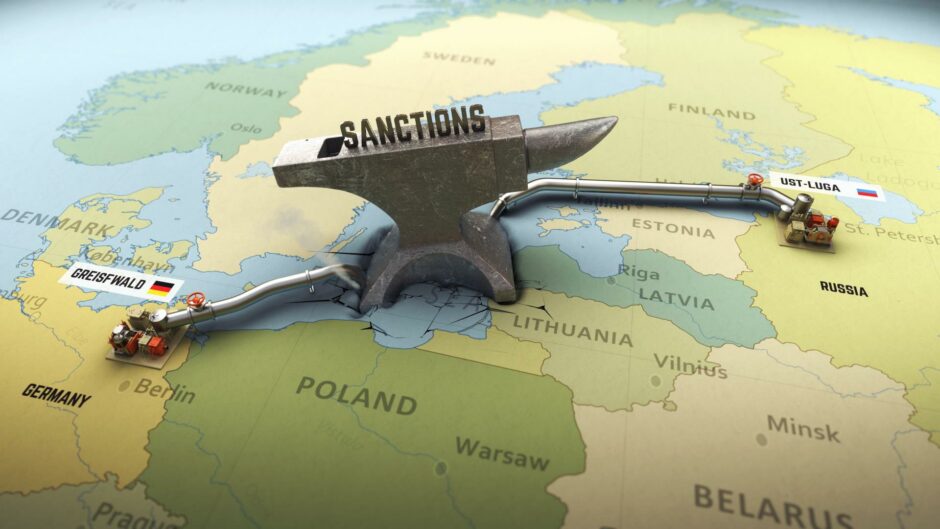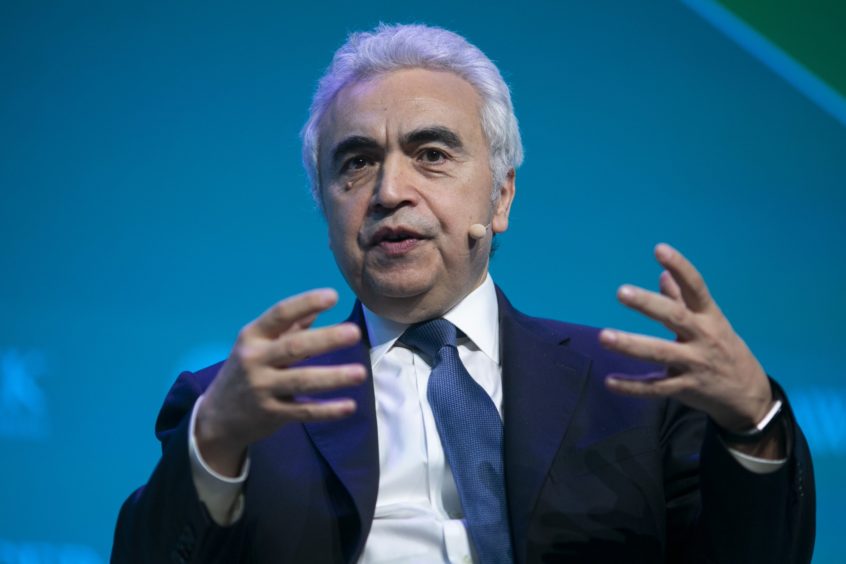
The definitions of Environmental, social and corporate governance (ESG) have been challenged by Russia’s invasion of Ukraine, nowhere more so than in the energy sector, where companies have been forced by events to exit Russia abruptly and energy prices have soared to record levels.
The Ukraine war Forces New Energy Reality for Europe
The invasion of Ukraine has highlighted Europe’s reliance on Russian fossil fuels and the dangers of that reliance as well as the Russian economy’s reliance on selling those fuels to Europe – around 40% of Europe’s gas supplies and more than half of the coal it uses comes from Russia.
It has also shifted sentiment significantly on Russian energy resources, in Germany particularly. The suspension, which may well be permanent, of the Nordstream 2 pipeline heralds a shift away from Russian fossil fuel supplies towards more renewables, more energy efficiency, more energy storage.
Nuclear energy future
There was even talk of a stay of execution for the country’s three remaining nuclear power stations, which are due to close by the end of the year, although that possibility seems to have receded.
As investment bank Jefferies says: “Nuclear offers a solution to many of Europe’s energy priorities: (1) decarbonisation, (2) coal phaseout, (3) independence from foreign gas, (4) energy security.”
However, it does none of these things any time soon, and as Russia’s bombing of Ukrainian nuclear power stations starkly illustrates, none of the safety concerns have gone away, and investors are likely to differentiate between keeping existing reactors open and plans to build new facilities.
Rolls Royce SMR Mini Nuclear reactors
But while investors remain wary of new, full-sized nuclear power plants, the crisis may kickstart the market for small modular reactors, the sub-300MW capacity nuclear technology being developed by Rolls Royce and others.
The UK has recently started the approval process for the company’s SMR design, which is at the heart of Britain’s strategy to reach net zero carbon emissions by 2050, while countries from Canada to China are working on their own projects. Ironically, Russia is among the leaders in the technology.
Whatever the outcome of the war, Europe’s energy landscape will be changed forever – but also faster than most people imagine. Just witness the speed with which Ukraine and Moldova were synchronised to the Continental European Grid – the European Commission said that the European Network of Transmission System Operators for Electricity (ENTSO E) made it happen by “doing a year’s work in two weeks”. It is a move not just fraught with political symbolism but that will help the two countries to integrate more renewable energy into their grids in future.
Increased push for Renewable energy solutions
The surge in oil and gas prices has encouraged some observers to see the war as the start of a renaissance for oil and gas, as fears over energy security in the short term trump climate fears that play out over a longer timeframe.
Yet the truth is that the environmental, economic and political cases for phasing out fossil fuel production are not only aligned as never before, but stronger than they ever have been, with energy security and affordability added to the environmental imperatives that demand an energy transition – and that is unlikely to change.
The decisions by the US, UK and EU to cut their reliance on Russian production – and particularly the EU’s emphasis on renewables, hydrogen and efficiency, herald fossil fuel demand destruction on a huge scale – demand that will never come back.
Investing in clean energy
And the surge in oil and gas prices makes it even more economical to invest in clean energy, heat pumps and electric vehicles. It has even made green hydrogen cost competitive with grey hydrogen for now, which can only accelerate the roll-out of that technology. It also highlights one of the key risks for blue hydrogen (which captures the emissions from producing hydrogen from gas), namely the price volatility of the feedstock.
Energy efficiency investments
But the biggest – and quickest – bang for your buck when it comes to weaning consumers off fossil fuels is from energy efficiency investments, which deliver energy savings and lower bills over the long term to consumers (who are also voters), as well as delivering the strategic blow to Russia of permanently lowering energy demand in its biggest customer.
Yet to date, governments have consistently ignored or failed to understand the benefit of efficiency measures, perhaps because they are less visible than a wind turbine or solar farm, and the benefits in terms of jobs, manufacturing facilities and a more dispersed jobs benefit.
This has to change – energy efficiency offers all the benefits of nuclear power, but in six months not six years or more and without the toxic waste. Investors should be lobbying governments to facilitate more investments in this area through policies such as building regulations, taxation changes and subsidies, to add to the impetus already given by soaring energy prices.
Russian gas supply to Europe
There are signs that the tide is starting to turn – a 10-point plan to wean Europe off Russian gas from the International Energy Agency includes measures to replace gas boilers with heat pumps and to accelerate energy efficiency improvements in buildings and industry. At present, only about 1% of the EU’s building stock is renovated each year, the agency says. Accelerating this by targeting the least efficient buildings “would save more than 1 bcm of gas use in the space of a year”.
Analysts E3G agree with the IEA in a new report that says the UK could cut its Russian gas exports by 15% this year. “As important as supply is, the quickest way to reduce our exposure to soaring prices is to use less gas, by reducing demand in homes and industry,” it points out.
Even before the conflict began, the Carbon Tracker Initiative was warning that high energy prices today were creating a risk of energy companies investing heavily in new assets that would become stranded within a few years. “Companies basing sanctioning decisions on bullish short-term signals risk significant over-investment, seriously impacting shareholder value. It wouldn’t be the first time that the industry has fallen into this trap,” Carbon Tracker says, adding that under a ‘high-investment case’, “companies could waste some $530bn of capex this decade as demand starts to decline and the oil price falls back to c.$40.” At £30/bbl, more than $1,000bn of capex would be wasted.
The war in Ukraine and the subsequent response highlights how that hypothesis could become reality more rapidly than the industry imagines.
Recommended for you

